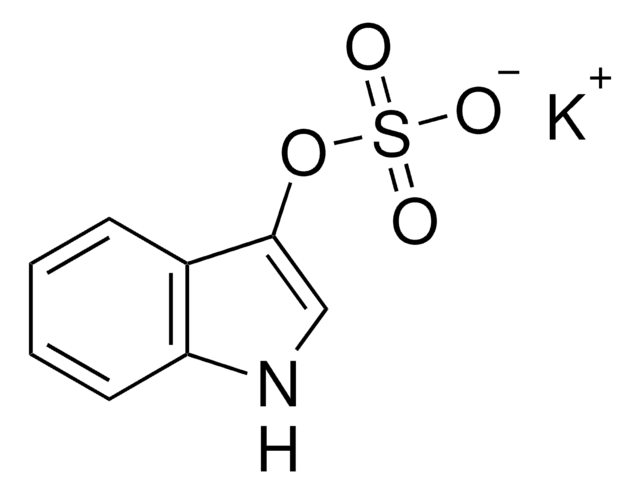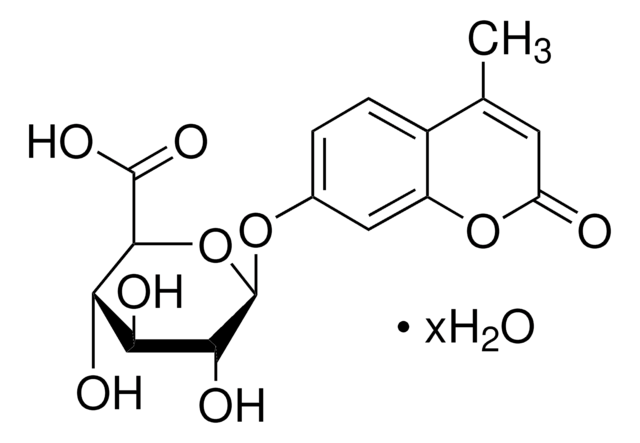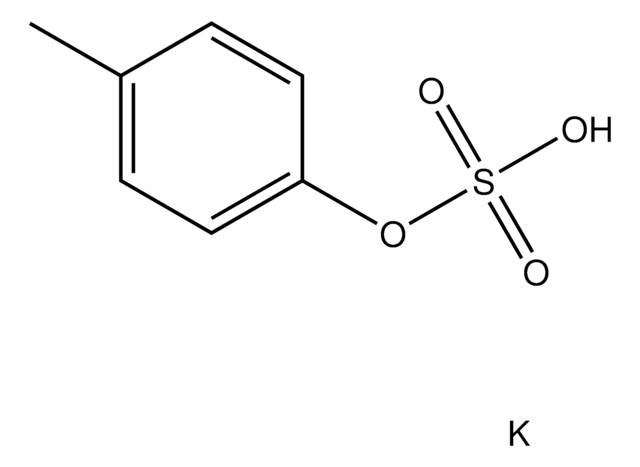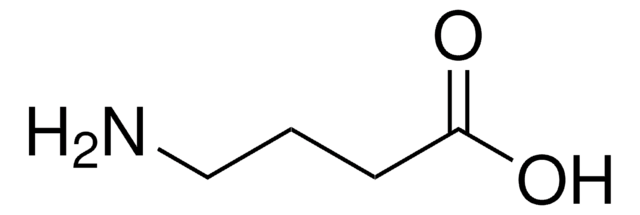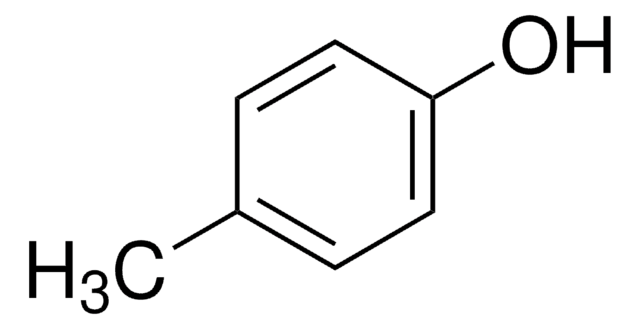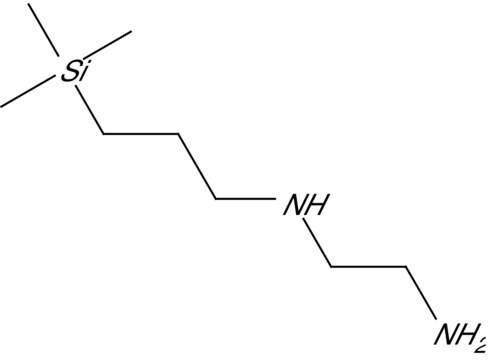I7638
Indoxyl β-D-glucuronide cyclohexylammonium salt
Sign Into View Organizational & Contract Pricing
All Photos(1)
About This Item
Empirical Formula (Hill Notation):
C14H15NO7 · C6H13N
CAS Number:
Molecular Weight:
408.45
MDL number:
UNSPSC Code:
12352201
PubChem Substance ID:
NACRES:
NA.25
Recommended Products
Assay
≥98%
form
powder
optical activity
[α]20/D -80.0±5.0
technique(s)
HPLC: suitable
storage temp.
−20°C
SMILES string
OC1C(OC(C(O)C1O)C(O)=O)Oc2c[nH]c3ccccc23
InChI
1S/C14H15NO7/c16-9-10(17)12(13(19)20)22-14(11(9)18)21-8-5-15-7-4-2-1-3-6(7)8/h1-5,9-12,14-18H,(H,19,20)
InChI key
KUYNOZVWCFXSNE-UHFFFAOYSA-N
Storage Class Code
11 - Combustible Solids
WGK
WGK 3
Flash Point(F)
Not applicable
Flash Point(C)
Not applicable
Certificates of Analysis (COA)
Search for Certificates of Analysis (COA) by entering the products Lot/Batch Number. Lot and Batch Numbers can be found on a product’s label following the words ‘Lot’ or ‘Batch’.
Already Own This Product?
Find documentation for the products that you have recently purchased in the Document Library.
S Agatsuma et al.
Clinical nephrology, 45(4), 250-256 (1996-04-01)
The content of indoxyl-beta-D-glucuronide, which has been found in patients' plasma as a new indicator of renal failure, logarithmically correlated with that of 3-indoxyl sulfate (indican) in the plasma of hemodialysis patients, showing another weak correlation with beta(2)-microglobulin content. The
T Niwa et al.
Nephron, 74(1), 72-78 (1996-01-01)
We identified and quantified indoxyl-beta-D-glucuronide in uremic serum and urine to determine the metabolism of indoles including indoxyl sulfate in uremic patients. Serum levels of indoxyl-beta-D-glucuronide were markedly increased in undialyzed uremic patients, in patients on hemodialysis, and in patients
J R Haines et al.
Applied and environmental microbiology, 59(8), 2758-2759 (1993-08-01)
Indoxyl-beta-D-glucuronide (indoxyl) was evaluated as a specific chromogen for detection of Escherichia coli by the membrane filter method. In all, 413 colonies were tested from the indoxyl-supplemented media, yielding 93.3% confirmation, as E. coli. Compared with the indoxyl medium, other
S Agatsuma et al.
Clinical chemistry, 40(8), 1580-1586 (1994-08-01)
Characteristic light emission induced by the oxidation of hydroxyl radicals has been found in plasma of hemodialysis patients (Agatsuma et al., Clin Chem 1992;38:48-55). We purified a primary emitter, a chemiluminescent component peaking at 430 nm, by anion-exchange chromatography and
S Fujita et al.
Rinsho byori. The Japanese journal of clinical pathology, 44(9), 895-898 (1996-09-01)
To establish a simple identification procedure for Escherichia coli, we developed a disk containing indoxyl-beta-D-glucuronide, the chromogenic substrate of beta-D-glucuronidase. Of 188 isolates of Enterobacteriaceae, 101 (97%) of 104 strains of E. coli and two (67%) of three strains of
Articles
probiotics-and-human
Our team of scientists has experience in all areas of research including Life Science, Material Science, Chemical Synthesis, Chromatography, Analytical and many others.
Contact Technical Service